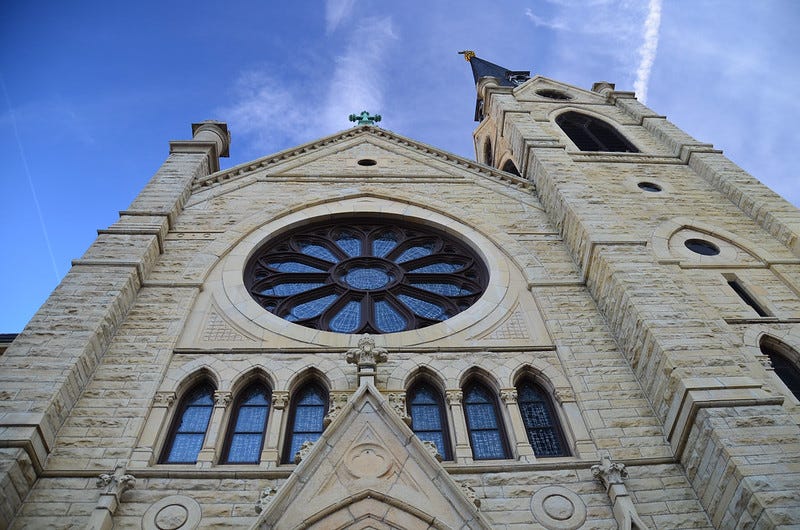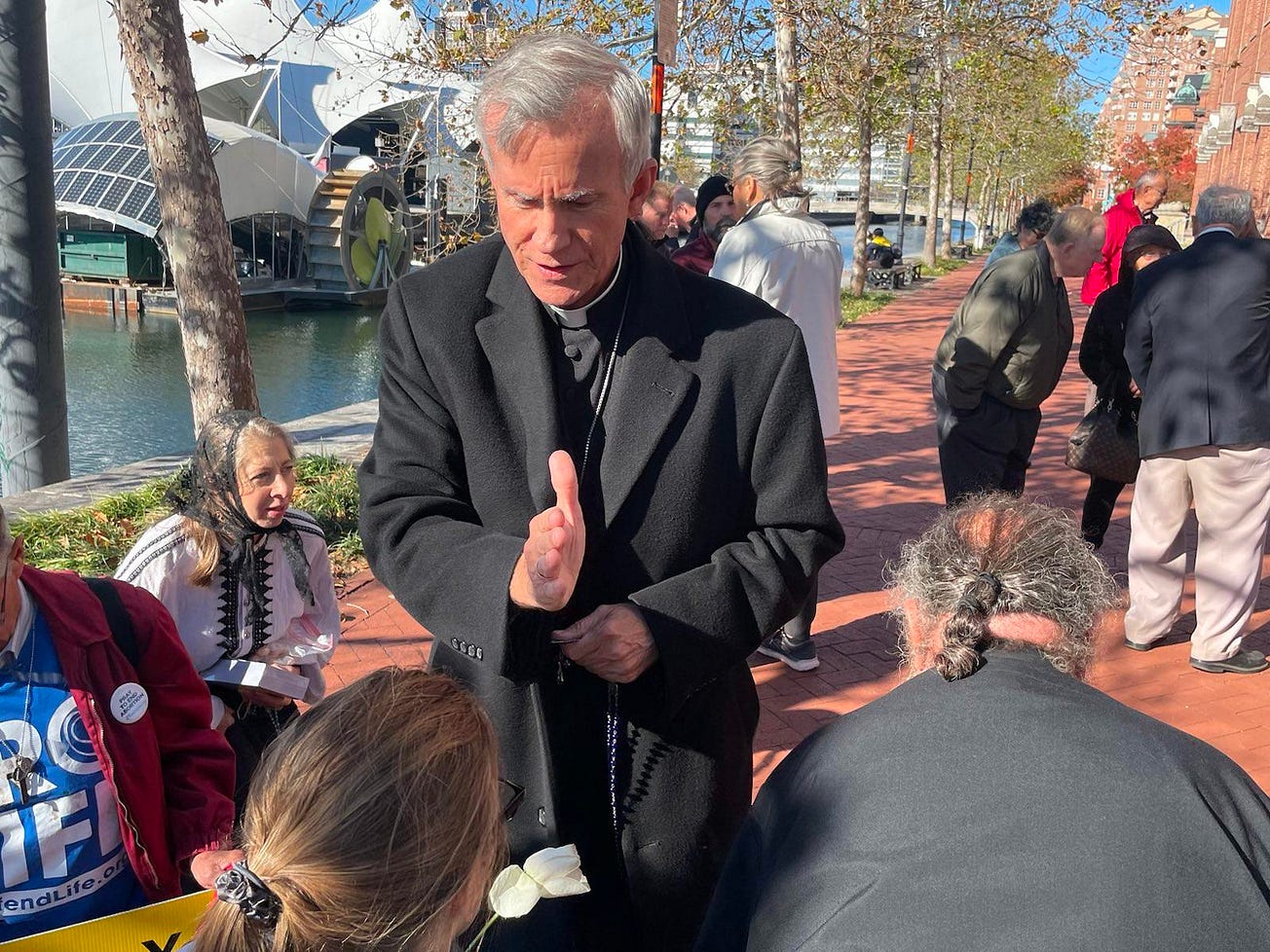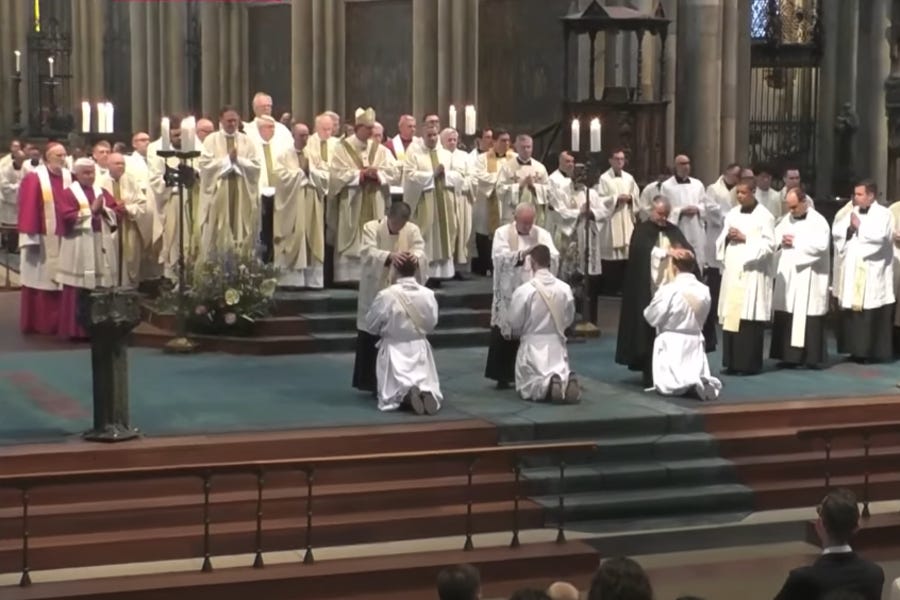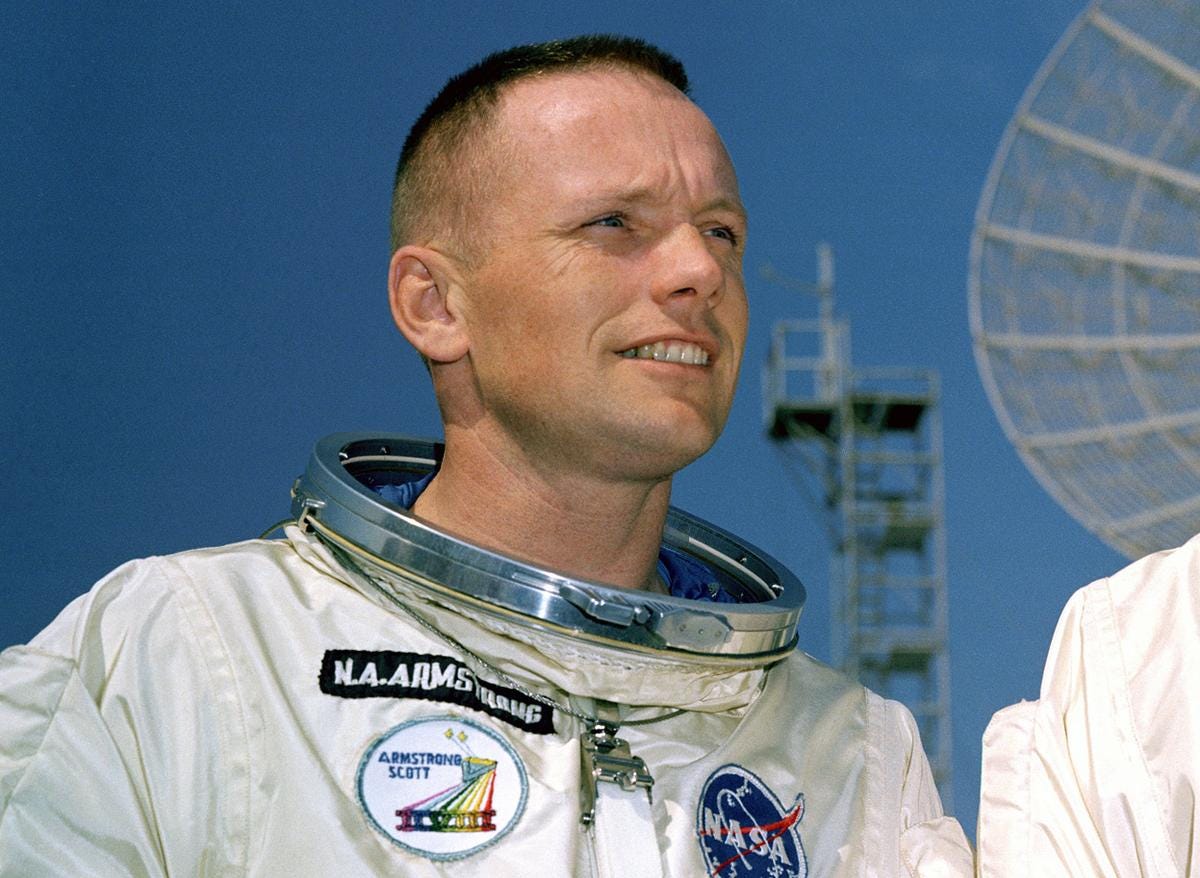With Russian troops apparently poised for an invasion of Ukraine, Catholic leaders, including Pope Francis, have consistently appealed for peace.
Ukraine’s Catholic leaders have warned that their country is united, religiously and politically, in opposing any Russian incursion into the country, and have echoed appeals to the international community for support and prayers.
Key among world leaders calling for peace is Pope Francis, who “enjoys a lot of trust in the Ukrainian society even though the majority of the people are not Catholic,” according to the Church’s apostolic nuncio in Kiev.
But some local Catholic leaders have asked for a more direct intervention by the pope.
Archbishop Sviatoslav Shevchuk, head of the Ukrainian Greek Catholic Church, has in recent weeks appealed to the Holy Father to visit the country, saying that many Ukrainians believe a visit from the pope to their country would forestall an overt Russian incursion.
“The people say that if the pope comes to Ukraine, the war will end,” Shevchuk said this week.
There seems little indication from Rome that Francis is planning a snap trip to Kiev.
Indeed, while Francis has decried the “madness of war” and made urgent pleas for peace, he has not made an explicit condemnation of Russia as the aggressor, even while Ukrainian Catholic leaders like Shevchuk have decried a war of economic aggression, military buildup, and unrelenting disinformation and propaganda.
But if the threat of open conflict now seems close to certain, and if Francis decides he cannot risk a trip to Ukraine, the situation raises another question about the pope’s schedule in the months to come, and about the prospect of Pope Francis’ efforts to foster ecumenical unity with the head of the 110 million member Russian Orthodox Church.
Would a Russian invasion of Ukraine ice plans for a historic summit between Pope Francis and Patriarch Kirill of Moscow, who has been primate of the Russian Orthodox Church since 2009?
Probably so.
Russian Orthodox officials told state media in December that plans were progressing for a 2022 meeting between Pope Francis and the Russian patriarch. And Francis himself confirmed recently that meeting plans were underway, telling an in-flight press conference Dec. 6 that “a meeting with Patriarch Kirill is not far on the horizon.”
Francis and Kirill had a historic, and somewhat unusual, meeting, exactly six years ago, on Feb. 12, 2016. They met in a holding room in a Havana airport while Francis was traveling to Mexico. It was the first meeting between a pope and the patriarch of the Russian Orthodox Church, which is the largest Orthodox Church in the world.
The Holy See said that the 2016 meeting was an occasion of fraternity, and there has been hope in the Vatican for another meeting since, amid the pontiff’s efforts to deepen ties with a number of Orthodox patriarchs.
But if Putin invades Ukraine, it seems unlikely the pontiff and the patriarch will make a meeting happen.
For Patriarch Kirill, it would likely be regarded as a public relations victory at home to have a second historic meeting with the Bishop of Rome while his country was invading even more of Ukraine than it already has.
But for Francis, a meeting might well be regarded as a betrayal, especially among the hierarchy of the Ukrainian Greek Catholic Church, the largest of the 23 Eastern Catholic Churches in communion with Rome.
Ukrainian Catholic Archbishop Borys Gudziak told The Pillar last month that he believes the Russian Orthodox Church would be complicit in a Putin-led invasion of Ukraine.
The archbishop said it was “astounding” that “the Russian Orthodox Church walks arm in arm with an aggressive military assault on a democratic country and society.”
That sentiment seems widely shared among the Ukrainian Greek Catholic hierarchy. Were the pope to engage fraternally with Kirill while Ukrainian bishops accuse him of aiding a violent annexation of their country, it would be, obviously, no small statement to those Ukrainian bishops and their people — many of whom have already a set of long-lingering insecurities about the equality of their communion with Rome.
In the event of a Russian invasion of Ukraine, a meeting between the pope and Patriarch Kirill would also carry enormous ecumenical significance among Orthodox Christians, because of ongoing divisions within Orthodoxy over a complex set of fractures and schisms among Orthodox Ukrainians.
In particular, the 2018 recognition of the Ukrainian Orthodox Church as autocephalous, independent and self-governing, has been a deeply divisive issue within the Orthodox Church.
The Russian Orthodox Church has long claimed spiritual jurisdiction over Ukraine, and rejected the recognition of an autonomous Ukrainian Orthodox patriarch. The Patriarch of Constantinople, on the other hand, who is meant to be recognized as the primus inter pares of Orthodox leaders, led a number of Orthodox hierarchs in formally recognizing the independent Orthodox Church of Ukraine.
That disagreement led to a formal 2018 decision from the Russian Orthodox Church to "break Eucharistic communion" with Constantinople over the acceptance of what it called the “schismatic” Ukrainian Church.
The issue has not yet been resolved. In fact, a Russian takeover of Ukraine is widely expected to include the suppression of the country’s independent Orthodox Church. Were Pope Francis to meet with Kirill as the Russian Church absorbs the Orthodox Church of Ukraine, his relationship with other Orthodox hierarchs, including the Patriarch of Constantinople, will become strained, to say the least.
As it happens, religious and political tensions in Ukraine-Russian relations align. While the Moscow patriarch has insisted that the Orthodox Church of Ukraine is a rebel faction and not representative of the country’s Orthodox Christians, it actually counts among its members a majority of the country’s Orthodox Christians among its members.
But, even if the Orthodox of Ukraine are divided among themselves on ecclesiastical matters, they are united in opposing a new Russian invasion of their country, at least according to the country’s Catholic leaders.
Archbishop Gudziak told The Pillar in January that there is solidarity among the country’s Christians, even while the Russian government used religion as a pretext for its invasion of Crimea eight years ago.
“It’s not about defending the Russian Orthodox Church, because many of those people who were killed [in Crimea] were baptized in the Russian Orthodox Church,” he said. “The Russians are killing Russian speakers, they’re killing members of the Russian Orthodox Church, and the reason is because Ukraine is a nascent and, in many ways, a vibrant democracy.”
While a new military invasion hasn’t formally happened yet, the U.S. and other warned their citizens on Friday to leave Ukraine, with the prospect of armed conflict seemingly imminent.
If war does break out in Eastern Europe, with Ukraine defending itself from a wave of Russian soldiers, the pope’s ecumenical ambitions — and his plans for a meeting with his brother bishop Kirill — will almost certainly become a casualty of the invasion.




